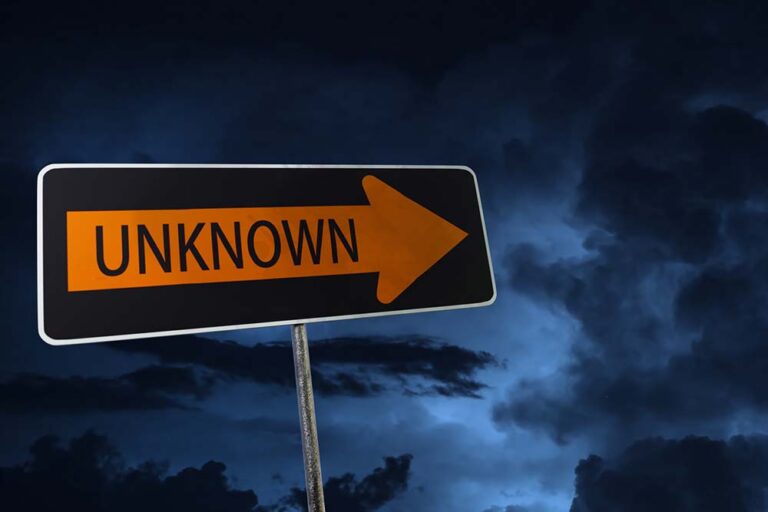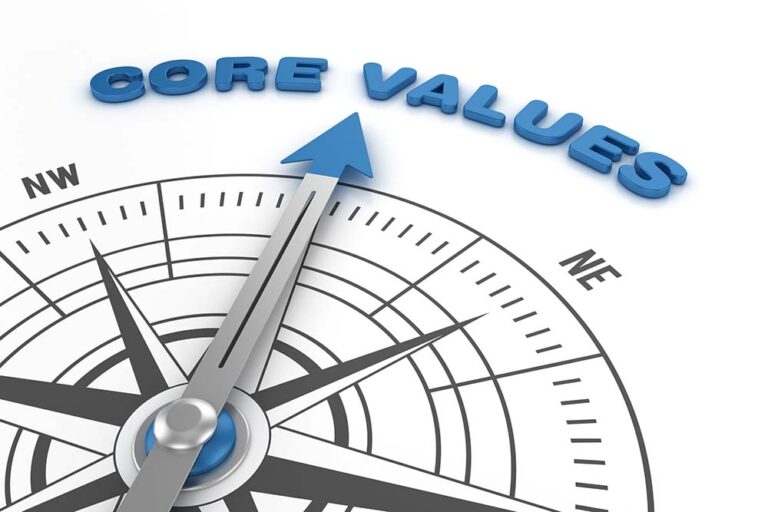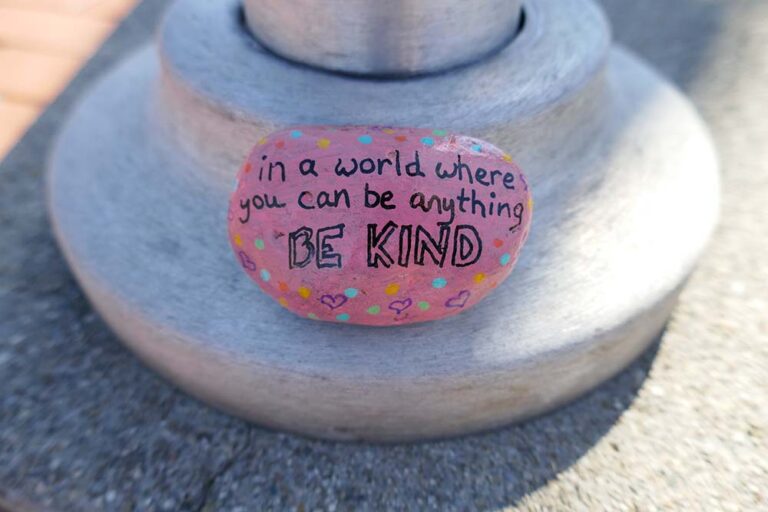Juneteenth is the oldest nationally celebrated commemoration of the ending of slavery in the United States. On June 19, 1865, a Union General rode into Galveston, Texas to announce that the Civil War had ended, and slaves had been freed. Though the Emancipation Proclamation became law in January 1863, it could not be enforced in places still under Confederate control. Thus, it took over 2 years for approximately 250,000 Texan slaves to learn their freedom had been secured by the government.
For many African Americans, Juneteenth has become a more celebrated holiday than July 4th. Why? Because this is an event that marked the true Emancipation Day for slaves. It does not mark the 1863 Emancipation Proclamation or the December 1865 ratification of the 13th Amendment, which has a trap door to continue the enslavement of arrested African Americans in labor camps and remove their ability to vote. Instead, it marks when emancipation reached the deepest part of the confederacy.
Juneteenth represents how justice has been delayed, derailed, and denied to many African Americans. For nearly 90 years, the US would see lynching, the installation of confederate monuments to inspire fear and Jim Crow laws. Even after the passing of the Civil Rights Act of 1964, African Americans continued to be affected by over-policing, disproportionate mass incarceration and its impact, and discriminatory housing policies and practices.
And now, as national attention remain focused on acts of police violence and various racial profiling incidents, it is clear that while progress has been made in black America’s 150 years out of bondage, considerable barriers still exist.
Those and many other barriers may remain until America truly begins to grapple with its history. “There are those in this society that still hold on to the idea that the Civil War wasn’t about slavery, it was about states’ rights or Northern aggression against slavery,” says Karlos Hill, a professor of African and African-American studies at the University of Oklahoma and the author of Beyond the Rope: The Impact of Lynching on Black Culture and Memory. “Juneteenth is a moment in which we try to understand the Civil War through the eyes of enslaved people.”
Juneteenth represents a fuller representation of our national history and its only through this full understanding can we as a country come to grip with our history, never repeat it and move toward a brighter future. In the last 15 years, we have seen via social media sharing and through the development of reputable news platforms a broader and more fully representative look at American history. This level of honesty has been met with varying levels of acceptance. But it’s my hope that more and better information will lead to healing and reconciliation. The time is long past for Americans to grow, learn and gain new insights that could lead to better and more diverse relationships.
A client recently asked me this question: “If you could wave a magic wand to address America’s racial issues, but with the limitations that you could not change people’s minds or the past, what would you change?” This complex question made me really think. I finally arrived at an answer.
I want people who normally would not be open to hearing a different point of view start to place themselves in a position to learn more. I have often been part of amazing conversations that led to increased understanding among people of differing backgrounds and perspectives. But often the people that most needed to hear the messages of understanding and bridge-building were not present.
So, for me, Juneteenth represents an opportunity to learn a fuller version of our shared history, a point of personal reflection and discovery and a catalyst for interacting with others who are different from us.
On this Juneteenth, I hope you will open the door to more learning, more conversation and more connections that expand your knowledge of the American experience.








